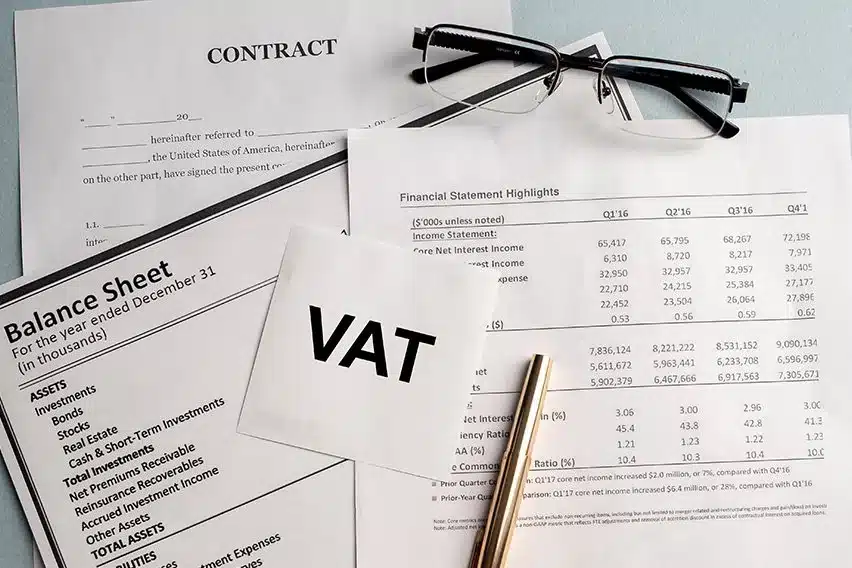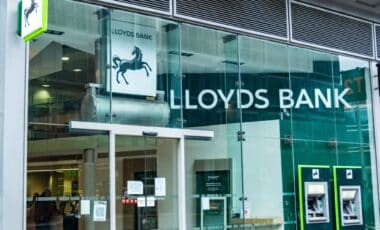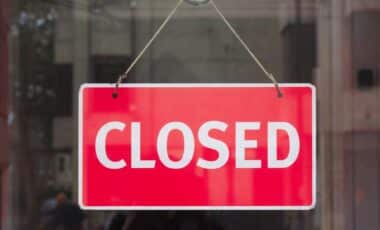A significant reversal of the UK government’s proposal to levy VAT on private school fees for pupils from households making less than £45,000 per year has been announced. The goal of this ruling is to safeguard gifted individuals from underprivileged backgrounds’ access to specialized education programs.
The 20% VAT charge’s effect on families taking part in the music and dance program, which promotes access to prestigious education in these fields, is the reason for this U-turn. The government’s change guarantees that gifted youth won’t be prevented from pursuing their artistic potential by financial constraints.
VAT : New Financial Support for Gifted Students
In a move to mitigate the effects of a controversial VAT charge, the government has pledged financial assistance to cover the 20% tax for families earning below £45,000. The music and dance scheme, a specialised grant initiative for exceptional students, is the focus of this relief. Many families rely on this scheme to afford the high fees associated with private education in these disciplines.
According to Rudolf Eliott Lockhart, chief executive of the Independent Schools Association, the exemption reflects recognition of the diverse financial backgrounds of families accessing these programs. Lockhart stated: “I am glad that the Government recognises the range of pupils from different financial backgrounds that attend independent schools, and thus the need to exempt those on their music and dance scheme from VAT if their families earn under £45,000 a year.”
This adjustment ensures that the scheme continues to provide opportunities to nurture talent and break down barriers in fields where access to specialist education is often limited by financial circumstances.
Balancing Policy with Equal Opportunities
The government’s decision comes amid warnings from industry experts about the broader implications of the VAT charge on private school fees. Without the exemption, the annual cost of secondary-level boarding education could rise significantly, further marginalising lower-income families.
A Department of Education representative emphasized how crucial it is to continue providing gifted students with opportunities : “It is this Government’s mission to break down barriers to opportunity and ensure every child has the best life chances. This includes supporting more talented young people from disadvantaged backgrounds to forge careers in the creative industries.”
While the policy does not extend the exemption beyond the music and dance scheme, critics have called for broader measures to support all lower-income families using independent schools. These calls underscore the ongoing tension between government taxation policies and equitable access to education.









